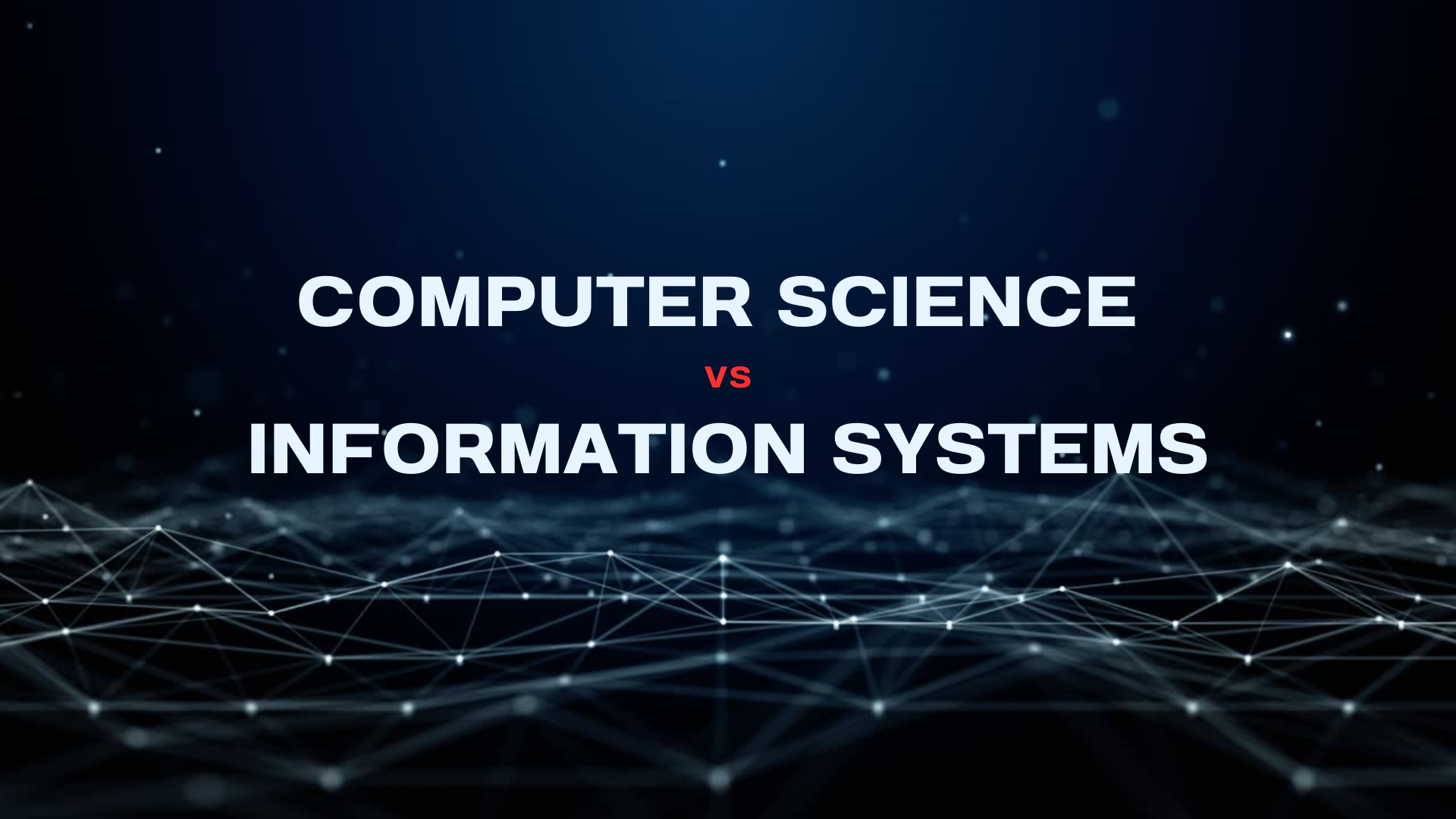Computer Science (CS) and Information Systems (IS) are two distinct fields that intersect technology and problem-solving but differ in their focus, methodologies, and career opportunities. Understanding these differences is crucial for individuals seeking to pursue a career in either discipline. In this article, we will delve into the disparities between computer science and information systems, providing references to reputable sources to support our analysis.
Foundations and Focus:
Computer Science: Computer science emphasizes theoretical foundations and the fundamental principles of computing. It explores topics such as algorithms, data structures, programming languages, and the mathematical underpinnings of computation (1).
Information Systems: Information systems, on the other hand, concentrate on the application of technology to support business processes, data management, decision-making, and the overall management of information within organizations (2).
Methodologies and Approaches:
Computer Science: Computer science employs a rigorous scientific and mathematical approach to problem-solving. It emphasizes algorithm design, software development, artificial intelligence, machine learning, and other computational techniques (1).
Information Systems: Information systems focus on the integration of technology into business operations and the development and management of software systems. It encompasses areas such as database management, systems analysis, enterprise resource planning (ERP), and project management (PM).
Career Paths and Opportunities:
Computer Science: A degree in computer science offers a broad range of career opportunities, including software development, computer programming, data science, cybersecurity, artificial intelligence, and research and development (3).
Information Systems: A degree in information systems prepares individuals for roles that bridge the gap between technology and business. Graduates can pursue careers as business analysts, IT consultants, systems analysts, database administrators, project managers, or IT managers within organizations (4).
Conclusion:
Computer Science and Information Systems are distinct fields, each offering unique career paths and opportunities. By understanding the foundational differences between these disciplines, individuals can make informed decisions regarding their education and career goals. Whether one is inclined towards the theoretical aspects of computing or seeks to bridge technology and business, both fields offer exciting prospects for growth and innovation.
References:
To provide a solid foundation for our analysis, here are some reputable references that further explore the differences between computer science and information systems:
- Tucker, A., & Noonan, R. (2019). Computer Science Illuminated. Jones & Bartlett Learning. This textbook provides a comprehensive overview of computer science, covering key concepts, algorithms, programming languages, and more.
- O’Brien, J. A., & Marakas, G. M. (2018). Introduction to Information Systems. McGraw-Hill Education. This textbook introduces the field of information systems, covering topics such as databases, system development, decision support systems, and IT management.
- Association for Computing Machinery (ACM). ACM is the world’s largest educational and scientific computing society. It offers resources, publications, and insights into computer science research, career paths, and emerging technologies (5).
- International Association for Information Systems (IAIS). IAIS is a professional organization dedicated to advancing the field of information systems. It provides resources, conferences, and research publications related to information systems (6).





